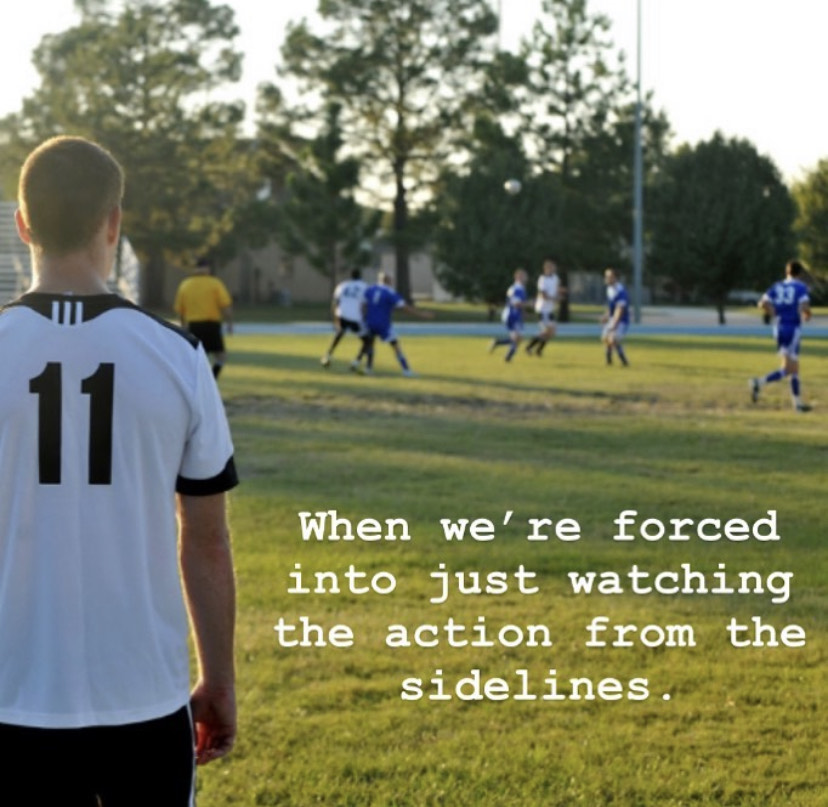It Super Bowl week…Tom Brady just announced his retirement (again, & for the final time…we believe), so this was the right day to share this semi-recent article about TB12 & his MH.
Working in sports for so long, & now doing this, one of the trends I’ve noticed (that has set us back a little), is that in the pros (& even college), it’s easier to talk about “mental toughness” or “mental performance training” or even “visualization practice” than it is mental HEALTH. Bc of that, I wish I had a $ every time someone said to me something like: “LeBron’s talking about ‘it’ too…he’s talking about how he mentally prepares for the game.”
Tom Brady was one of the greatest at the QB position we’ve ever seen. His prep for games, much like Peyton Manning, is what legends are made of. In that prep, for so long we heard about: mental performance.
– Visualization preparation
– Studying defensive schemes
But also more specific mental performance exercises like:
– A light box that would like up in different areas/bulbs & different colors that he would have to tap w either his right or left hand based on the drill, to improve his quick decision-making.
These types of drills are aptly called mental PERFORMANCE. They are/were not examples of Brady working on his MH.
Then we heard about the divorce from Gisele. And from it, shortly after, news like this – how the event was impacting him, & how he couldn’t tame it on his own (his words), & therefore went to therapy.
Think about the difference: a challenging life experience, that impacted his mental HEALTH…the build up of “stuff” & something he couldn’t just do a performance drill to get around.
That’s normalization. That’s humanization. If that impacted Tom…do you think other things impact him as well? Loss of loved ones? A family no longer together (no matter how much he may be seen as a crass guy who tuned all else out to hone his craft).
Humans are humans. We can be great (even the best) at some performance things, work on our performance, & STILL need help w our MH. Not “1 in 5 w mental illness”…”5 in 5” who face challenging life events that impact our mental health.


